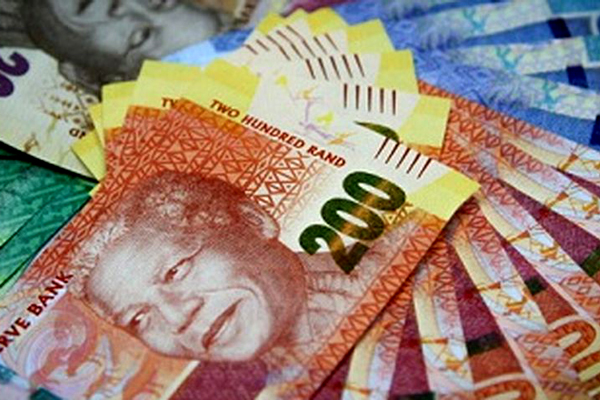
THERE is a tendency within the government that when its policies fail, it turns to controls.
Comment: NewsDay Editor

The prevailing cash crisis has showed that government, like the Bourbons, has learnt nothing and forgotten nothing.
The introduction of more controls in the form of a $20 limit per day on cash back facilities does not work for the people and for business. That the cash crisis, which has fuelled foreign currency shortages, is out of control is for everyone to see.
International best practices dictate that an economy must circulate 15% of total banking deposits, which for Zimbabwe would be $930 million. However, this figure is currently at 4,8% of total deposits or less than $300 million, according to the Treasury and the central bank.
While these current levels of cash in circulation are significantly low, recent shortages of bond notes are threateningly even lower.
Yet, the central bank recently attributed the cash shortages to “hoarding” by ungrateful foreigners operating in the reserve sector of the economy.
Based on that suspicion, the central bank has threatened to invoke the law to force retailers to bank their cash. But, history has shown that when an economy introduces controls, people resort to holding the cash as a security to the depressed market. A case in point is Greece in the period 2008 to 2014. Therefore, Zimbabwe is no different.
- Chamisa under fire over US$120K donation
- Mavhunga puts DeMbare into Chibuku quarterfinals
- Pension funds bet on Cabora Bassa oilfields
- Councils defy govt fire tender directive
Keep Reading
Most recently street vendors and airtime dealers have gone into cash dealing where they sell their wares at a lower value to get cash and cover the loss by selling the cash at a premium of between 20% and 30% while making a profit.
These two subsets of the economy have joined fuel operators, bankers and retailers who have been selling cash or offering premiums for it.
To that effect, there has been an increase in cash dealing as people source the United States dollar as a store of value to keep at home or to remit to foreign suppliers faster due to a foreign payments gridlock.
This means that a depositor with bond notes has to find a safer currency like the US dollar, notwithstanding claims by authorities that the bond note is at par to the dollar.
This implores authorities to bring back the confidence in the banking sector. Why should a depositor wait for three hours to get money in a bank to buy groceries in a supermarket, a transaction that can be accomplished using plastic money? This is the question monetary authorities have to answer. Failure to do so means that the central bank will continue chasing shadows.
Faced with the crisis, economists have proposed the use of the South African rand as a transaction currency since the US dollar has made Zimbabwe a fishing pond.
Yet, monetary authorities do not want to hear about that and instead are urging the public to use other currencies in the multi-currency basket. It’s like the monetary authorities are coming from another planet as that proposal has never worked.
The multi-currency basket has nine currencies. The dollar is the last currency standing because it is stable and is seen as a source of wealth.
Central bank governor John Mangudya and his cohorts at the glass house should smell the coffee.











